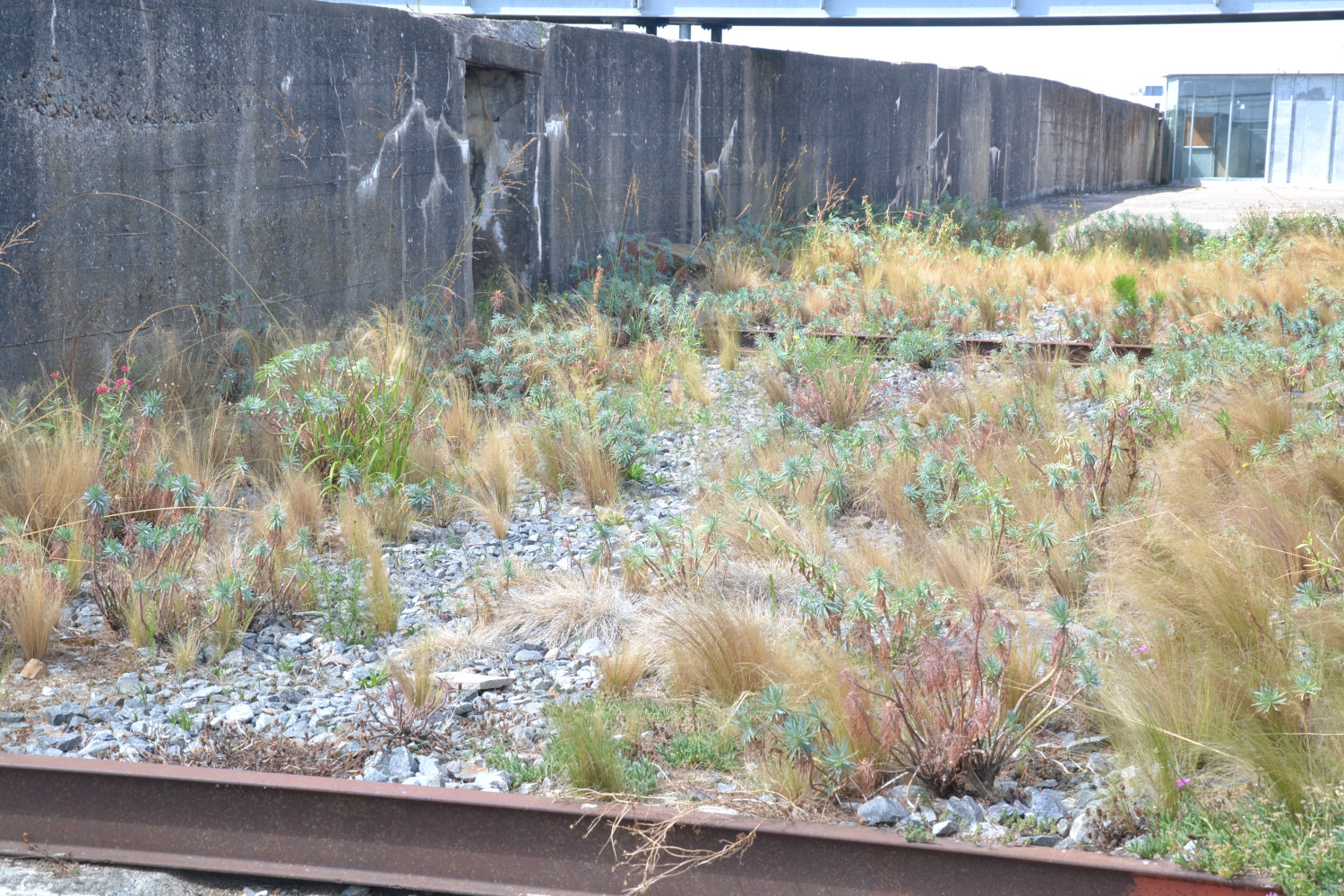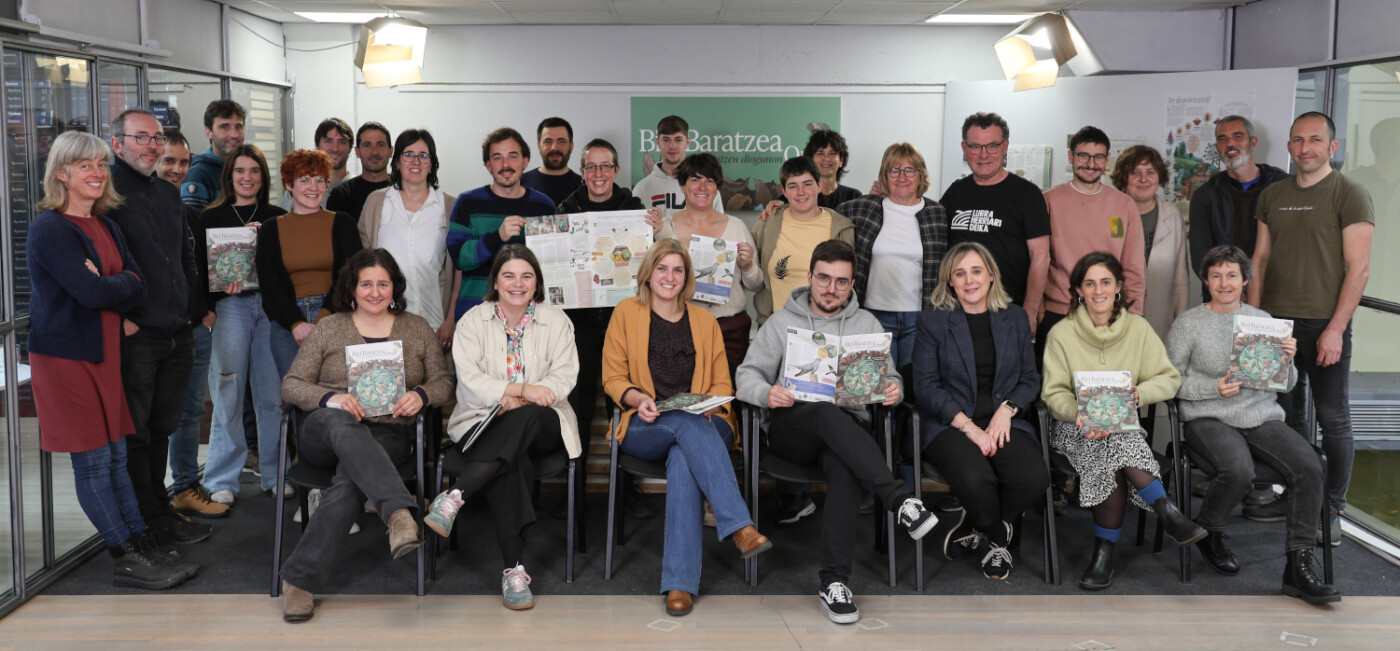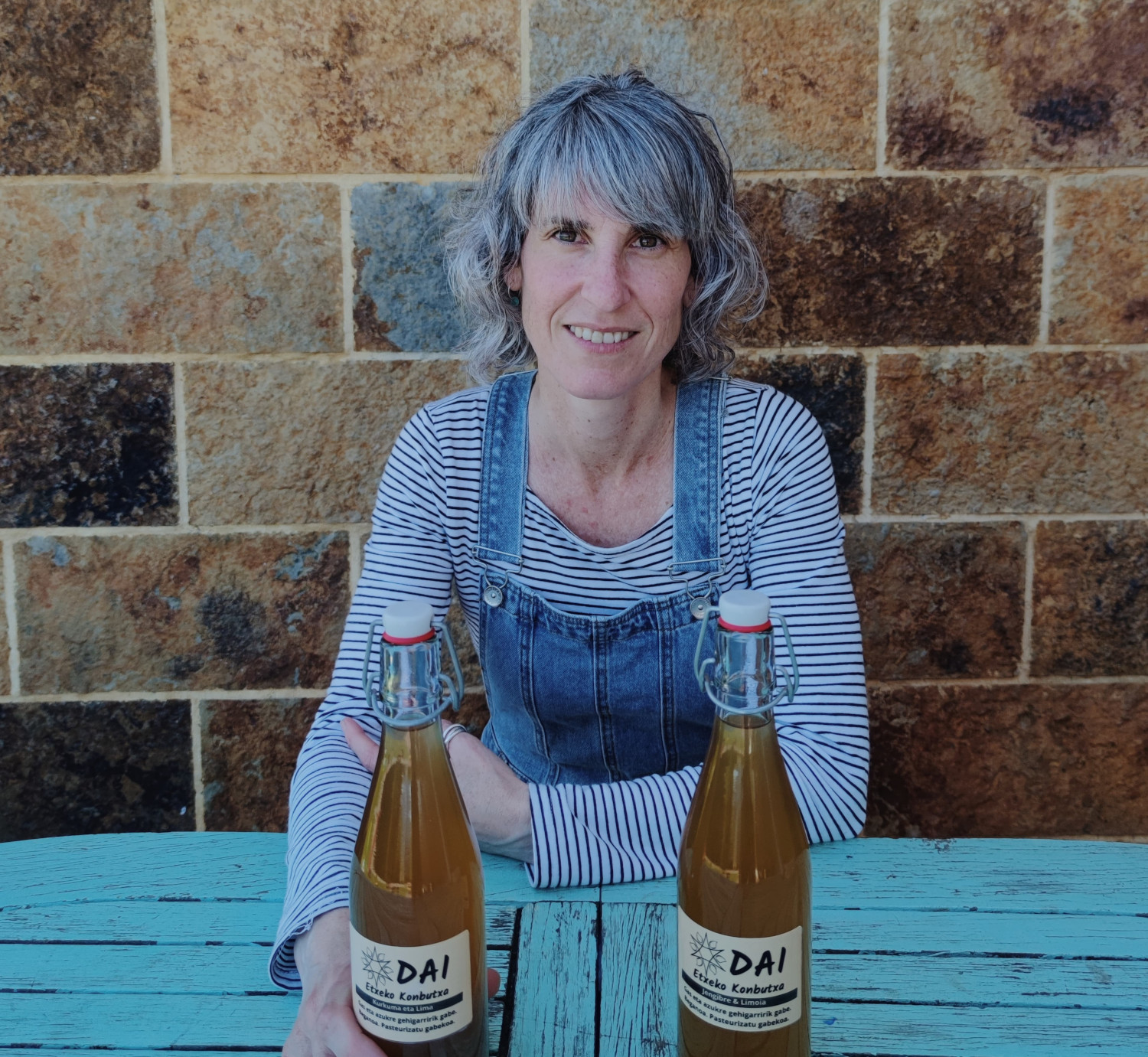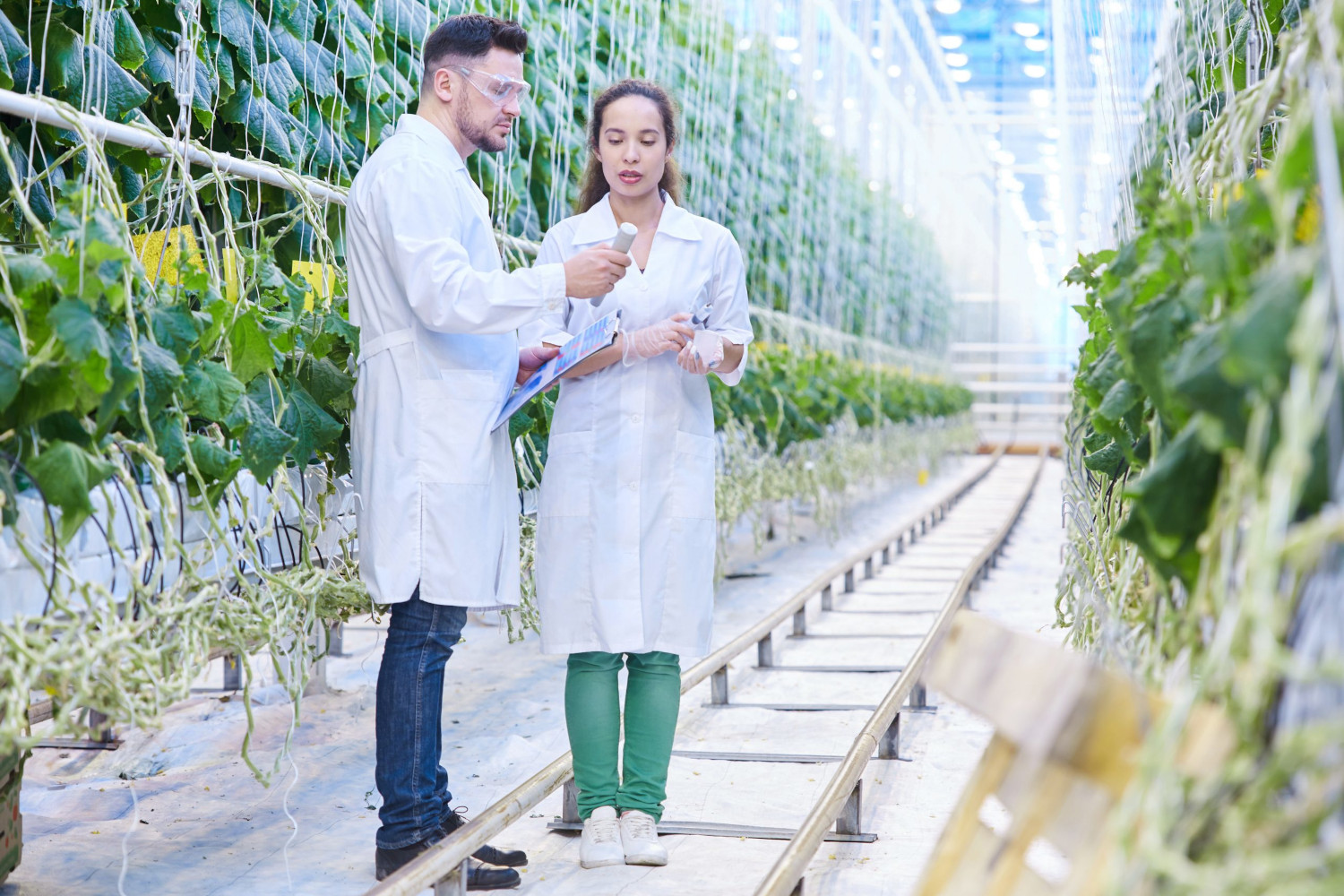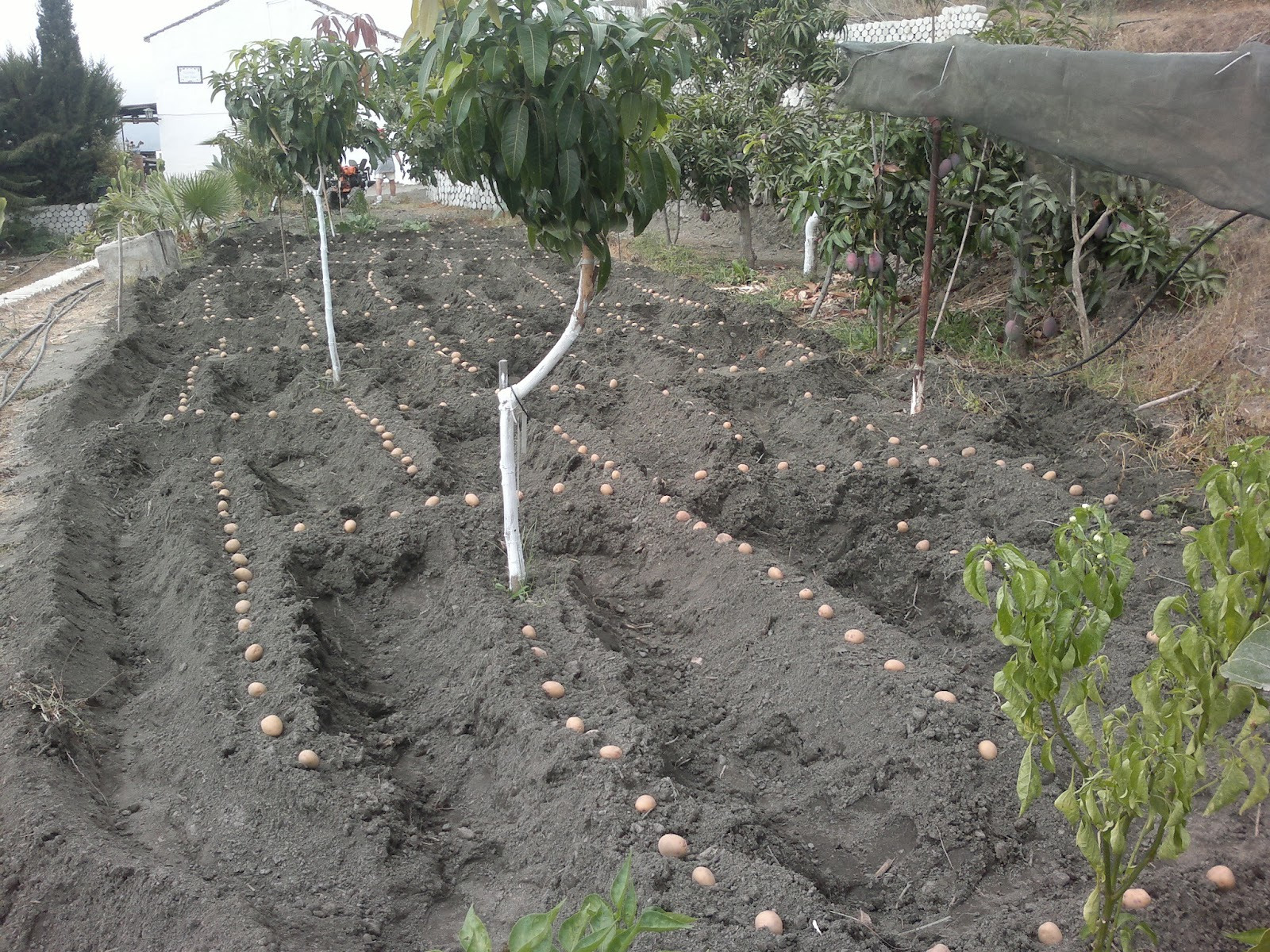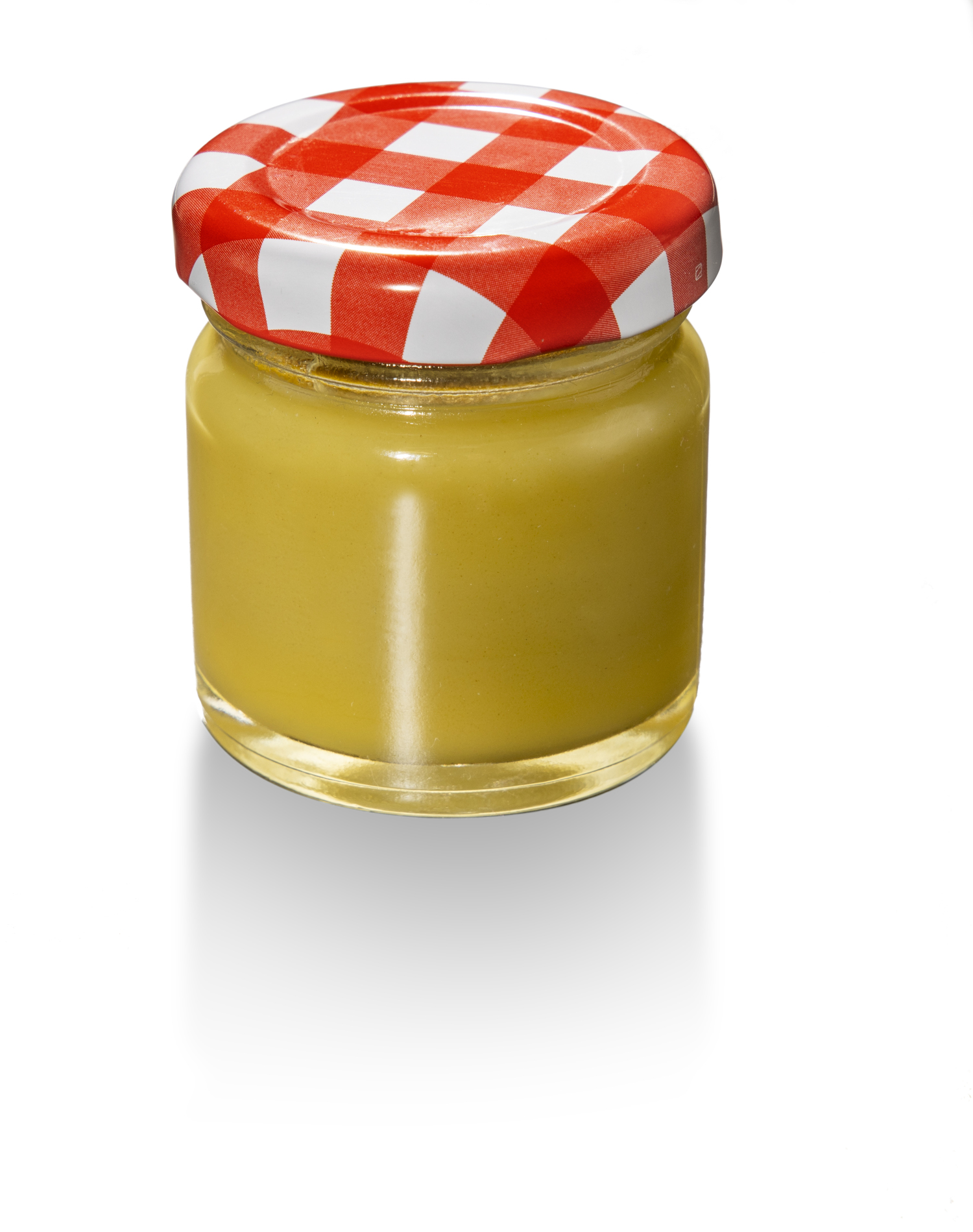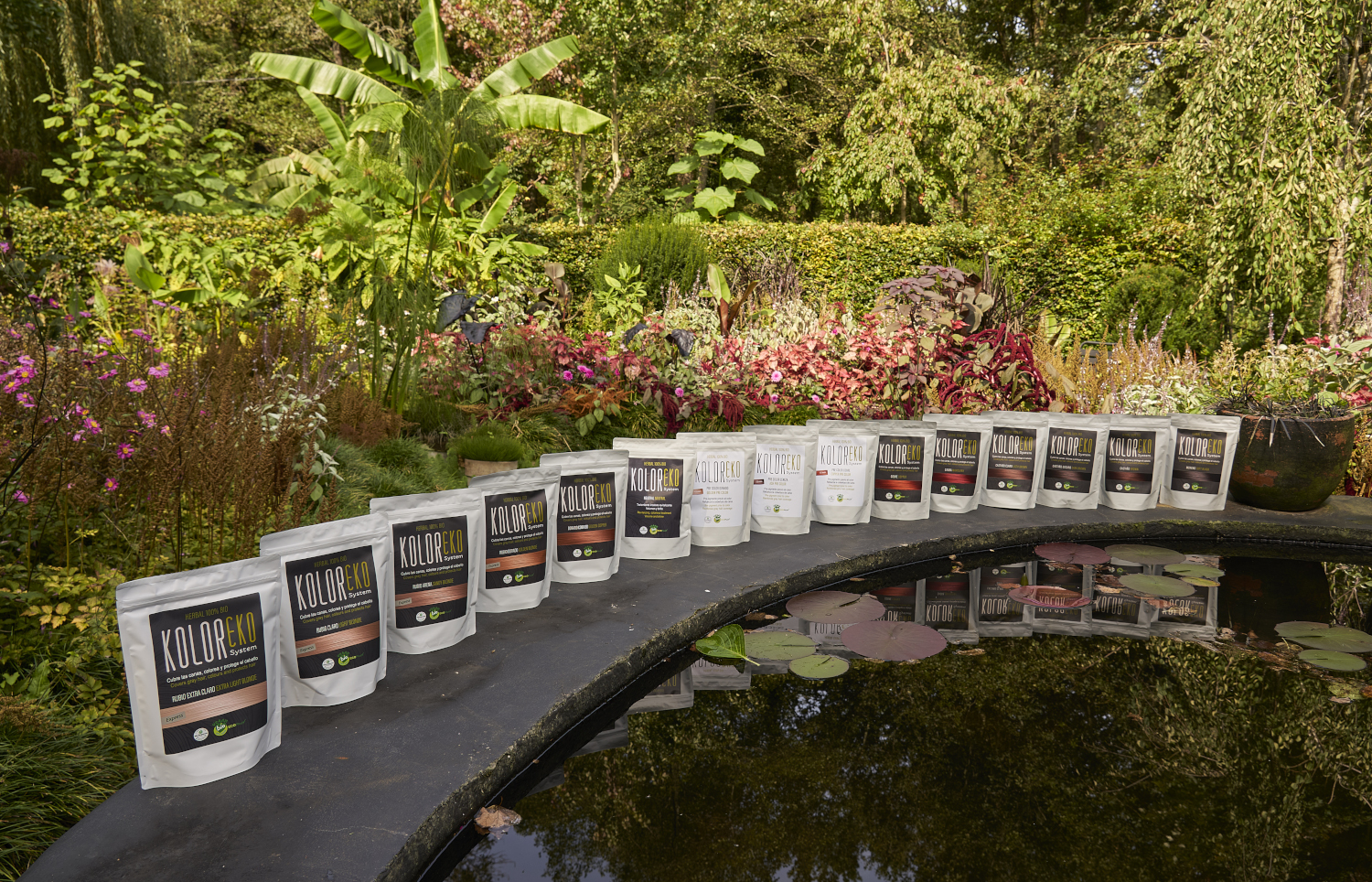Tomato seed collectors and biodiversity care logics
- The season is over (it is over) and the time of the tomato I would like to take advantage to bring to these pages the concerns and rabias of this summer.

For more than three decades, from the realm of popular movements, from agroecology and food sovereignty, great work has been done on local seeds and varieties. Conscious of the fact that seeds are the first link in food, aware of the ecological problems associated with the loss of seeds, and concerned about the processes of privatization and commodification that have taken place worldwide, numerous initiatives have been carried out and carried out to ensure autonomy from transnational ones, to keep knowledge and cultures alive along with seeds, and to preserve and guarantee life. To this end, countless activities have been organized with the aim of knowing and publicizing indigenous varieties, emphasizing the importance of diversity and the work of reproduction and conservation of local seeds.
But neoliberalism has the ability to distort and assimilate claims, eliminating the resilient character or passion for revolution. And for that, of course, the current systems of domination are excellent accomplices.
I'm going to the point. In recent years I have the feeling that a new social figure has been created which is rapidly multiplying: collectors or collectors of tomatoes (men, of course) and, together with them, tomato contests. It is true that tastings and competitions have been organised for some time to make known and assess indigenous varieties. In addition, professional agro-ecological producers have often participated in them, and in return, sometimes, they have received a little recognition. I therefore have no intention of calling them into question. But in recent years, I have the feeling that the logic of these competitions is changing. More and more “amateurs” are involved in them (I do not think this is inexorable, by the way), men in most cases, and, moreover, not always with local varieties. This year, for example, the variety “Brandy Boy” has been the winner of the international tomato competition organized in the Cantabrian village of Polanco.
What contribution does this type of contest make to local seeds and varieties or to cultivated biodiversity? Those collectors of men who keep hundreds and hundreds (or thousands) of tomato varieties, what kind of goal do they have in mind? In that case, I'm headed by a Gipuzkoan quarry. It produces many types of vegetables to sell ecologically at fairs and others. Some of them do it at home, keeping the seeds year after year. It will have about 15 varieties of tomato, roughly peppers. He has for each one a name he has given him, which usually refers to the one who gave him that variety, and knows where everyone came from. With this work, he does not seek his own name, a prestige, a confession. Don't inflate it with that. However, thanks to these varieties it feeds and maintains the garden, takes care of the land, creates food and guarantees the future.
This confidential work has historically been carried out by women. Some men, too. I would not like to see the gender stereotypes linked to reproduction and care now being reinforced. But yes, to underline the care of virility by logic. In the same way that it happens when giving the surname to the children, or as it happens with the children aizkolaris or soccer players with the desire to give prestige to their surname, often, when men start caring for seeds and varieties, they come into play with the same logic of parenthood and recognition. And of course, the ability of these men and the size of their eggs -- excuse me, tomatoes -- makes others feel fascinated. In these cases, it seems to me that many others, from collectivity and anonymity, revive the logics worked and driven in favor of native seeds. Therefore, neoliberal and macho logics do not spoil or absorb the previous work. Those of us who work in the reproduction, production and defense of the seeds know that we play outside the struggle and the shop windows, and that life is cared for and created beyond the names of (ab).
Udaberrian orain dela egun gutxi sartu gara eta intxaurrondoa dut maisu. Lasai sentitzen dut, konfiantzaz, bere prozesuan, ziklo berria hasten. Plan eta ohitura berriak hartu ditut apirilean, sasoitu naiz, bizitzan proiektu berriei heltzeko konfiantzaz, indarrez, sormen eta... [+]
Ohe beroan edo hotzean egiten da hobeto lo? Nik zalantzarik ez daukat: hotzean. Landare jaioberriek bero punttu bat nahiago dute, ordea. Udaberriko ekinozio garai hau aproposa da udako eta udazkeneko mokadu goxoak emango dizkiguten landareen haziak ereiteko.
Duela lau urte abiatu zuten Azpeitian Enkarguk proiektua, Udalaren, Urkome Landa Garapen Elkartearen eta Azpeitiako eta Gipuzkoako merkatari txikien elkarteen artean. “Orain proiektua bigarren fasera eraman dugu, eta Azkoitian sortu dugu antzeko egitasmoa, bere izenarekin:... [+]
Itsasoan badira landareen itxura izan arren animalia harrapari diren izaki eder batzuk: anemonak. Kantauri itsasoan hainbat anemona espezie ditugun arren, bada bat, guztien artean bereziki erraz atzemateko aukera eskaintzen diguna: itsas-tomatea.
Aurten "Israel Premier Tech" txirrindularitza talde israeldarra ez da Lizarraldeko Miguel Indurain Sari Nagusia lasterketara etorriko. Berri ona da hori Palestinaren askapenaren alde gaudenontzat eta munstro sionistarekin harreman oro etetea nahi dugunontzat, izan... [+]
Sare sozialen kontra hitz egitea ondo dago, beno, nire inguruan ondo ikusia bezala dago sare sozialek dakartzaten kalteez eta txarkeriez aritzea; progre gelditzen da bat horrela jardunda, baina gaur alde hitz egin nahi dut. Ez ni optimista digitala nauzuelako, baizik eta sare... [+]
Bada Borda bat ilargian. Bai, bai, Borda izeneko krater bat badu ilargiak; talka krater edo astroblema bat da, ilargiaren ageriko aldean dago eta bere koordenadak 25º12’S 46º31’E dira; inguruan 11 krater satelite ditu. Akizen jaiotako Jean Charles Borda de... [+]
Donostiako Amara auzoko Izko ileapaindegi ekologikoak 40 urte bete berri ditu. Familia-enpresa txikia da, eta hasieratik izan zuten sortzaileek ile-apainketan erabiltzen ziren produktuekiko kezka. “Erabiltzaileen azalarentzat oso bortzitzak dira produktu gehienak, baina... [+]








